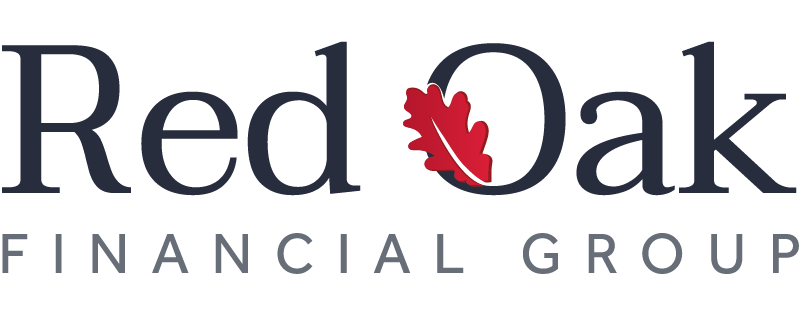What types of investments are known as "alternative investments"?
What types of investments are known as "alternative investments"?
The term "alternative investments" encompasses a diverse range of assets that fall outside traditional investment categories like stocks, bonds, and cash. Here are the primary types of assets considered alternative investments:
1) Private Equity: Investments in private companies, including venture capital, leveraged buyouts, and growth equity.
2) Hedge Funds: Pooled investment funds that employ various strategies to earn active returns for their investors, often involving complex financial instruments and techniques.
3) Real Estate: Investments in physical properties, including residential, commercial, and industrial real estate, as well as real estate investment trusts (REITs).
4) Commodities: Physical goods such as precious metals (gold, silver), energy products (oil, natural gas), agricultural products (corn, wheat), and livestock.
5) Derivatives: Financial contracts whose value is derived from underlying assets such as futures, options, and swaps.
6) Infrastructure: Investments in physical structures and facilities like highways, bridges, utilities, and airports.
7) Private Debt: Loans or debt securities issued by private companies, including direct lending, distressed debt, and mezzanine financing.
8) Cryptocurrencies: Digital or virtual currencies like Bitcoin, Ethereum, and other blockchain-based assets.
9) Managed Futures: Investments in futures contracts managed by professional portfolio managers, often using systematic trading strategies.
10) Venture Capital: Investments in early-stage startups and emerging companies with high growth potential.
11) Natural Resources: Investments in assets like timberland, farmland, and water rights.
12) Collectibles: Tangible assets like art, antiques, rare coins, stamps, vintage cars, and wine.
-Your Friends at Red Oak Financial Group

